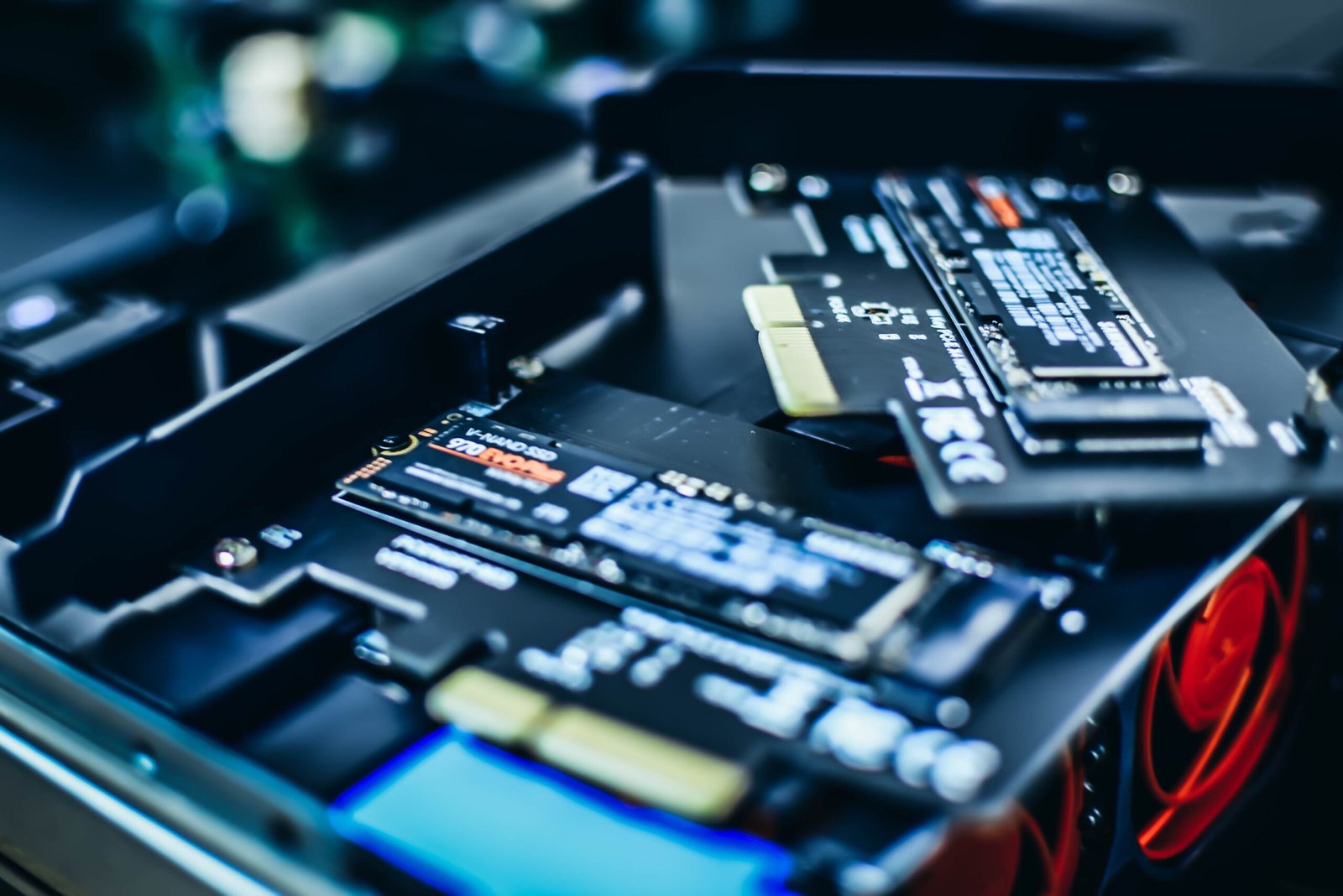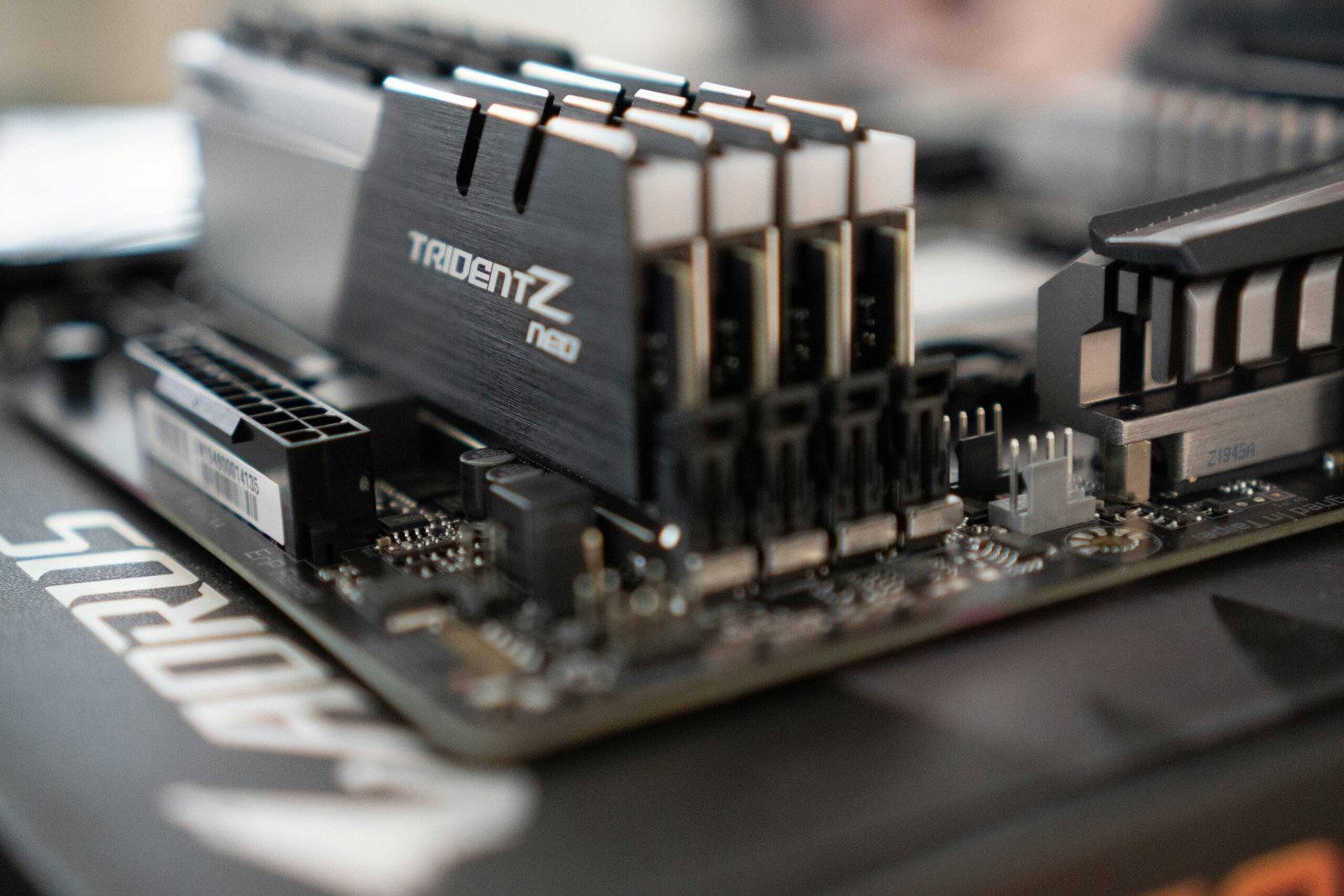When it comes to computer storage, two acronyms often come up: SSD and HDD. SSD stands for Solid State Drive, while HDD stands for Hard Disk Drive. These two storage options have their own unique characteristics, and understanding their differences can help you make an informed decision when choosing the right storage solution for your computer.
Speed and Performance
One of the key differences between SSDs and HDDs lies in their speed and performance. SSDs are known for their lightning-fast read and write speeds, which can significantly improve the overall speed and responsiveness of your computer. This is because SSDs use flash memory chips to store data, allowing for faster data access compared to the spinning disks used in HDDs. On the other hand, HDDs are relatively slower due to the mechanical nature of their operation.
Storage Capacity
When it comes to storage capacity, HDDs have the upper hand. Traditional HDDs offer larger storage capacities at a more affordable price point compared to SSDs. This makes them a popular choice for users who require a large amount of storage space, such as those who work with large files or store extensive multimedia libraries. However, it’s worth noting that SSDs have been steadily increasing in capacity and becoming more affordable over time.
Durability and Reliability
Another important factor to consider is the durability and reliability of the storage solution. SSDs have no moving parts, making them more resistant to shock and vibrations. This makes them an ideal choice for portable devices like laptops, as they are less prone to damage from accidental drops. HDDs, on the other hand, are more susceptible to mechanical failures due to their spinning disks. However, it’s worth mentioning that modern HDDs have improved in terms of durability and reliability compared to their predecessors.
Noise and Power Consumption
If noise is a concern for you, SSDs are the way to go. Since they have no moving parts, they operate silently, making them ideal for environments where noise needs to be kept to a minimum, such as recording studios or quiet offices. HDDs, on the other hand, produce noise due to the spinning of their disks and the movement of the read/write heads. Additionally, SSDs consume less power compared to HDDs, which can result in longer battery life for laptops and lower electricity bills for desktop computers.
Price
Price is often a deciding factor when choosing between SSDs and HDDs. SSDs tend to be more expensive per gigabyte of storage compared to HDDs. However, the price gap has been narrowing over the years as SSD technology advances and becomes more mainstream. If budget is a concern, opting for a smaller SSD for your operating system and frequently used applications, along with a larger HDD for data storage, can be a cost-effective compromise.
Conclusion
In conclusion, both SSDs and HDDs have their own strengths and weaknesses. SSDs offer faster performance, durability, and silent operation, but come at a higher price point. HDDs, on the other hand, provide larger storage capacities and are more budget-friendly, but are slower and less durable. Ultimately, the choice between SSD and HDD depends on your specific needs and preferences. Consider factors such as speed, storage capacity, durability, noise, power consumption, and price when making your decision.



